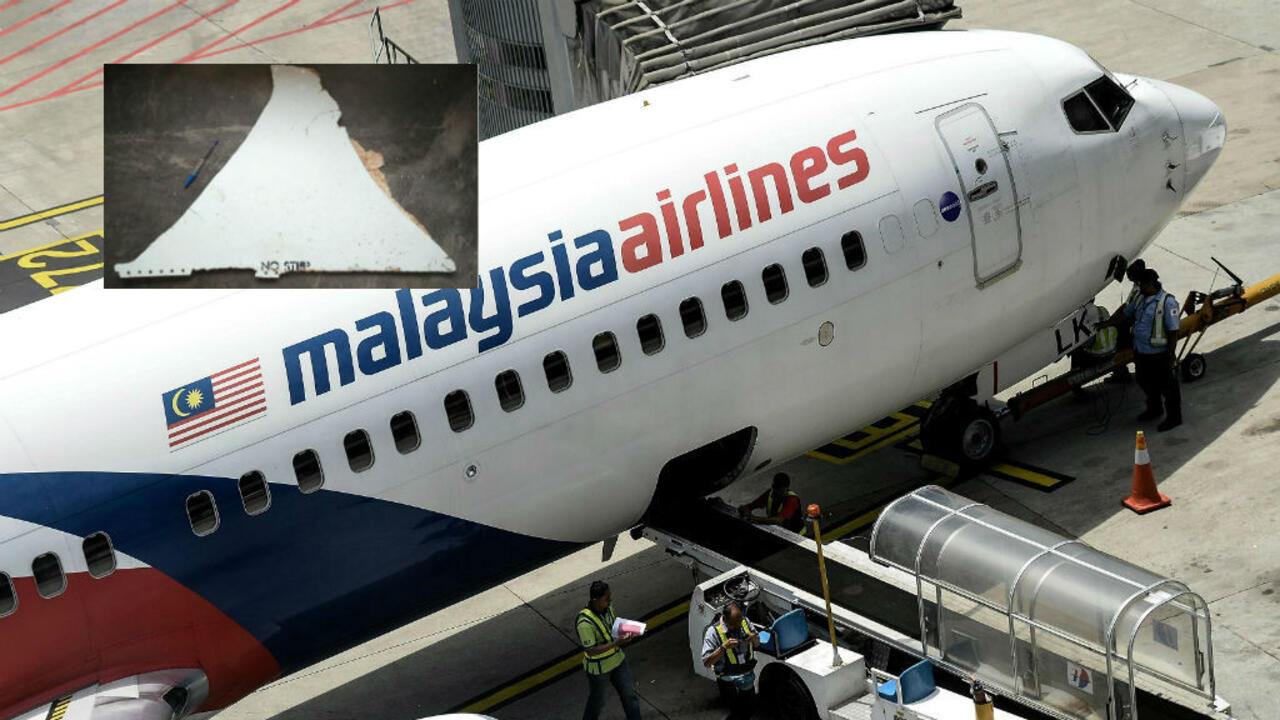10th anniversary of MH 370 disappearance spurs aviation safety advances, as ICAO remembers victims

Today, Friday March 8, 2024, marks the solemn commemoration of the tenth anniversary of the inexplicable disappearance of Malaysia Airlines Flight MH 370.
As the world pauses to reflect on this tragic event, Salvatore Sciacchitano, the President of the International Civil Aviation Organization (ICAO) Council, has issued a poignant statement, extending condolences to the families and communities affected by the enduring mystery.
Sciacchitano said ICAO continues to stand in solidarity with those impacted by the loss of MH 370, acknowledging the ongoing pain exacerbated by the aircraft’s elusive whereabouts.
According to him, despite a decade of search efforts, the fate of the flight remains shrouded in uncertainty, compounding the sorrow of loved ones left behind.
He noted that the absence of closure not only perpetuates the tragedy but also poses significant challenges to aviation safety, considering that without a clear understanding of the circumstances surrounding the disappearance, vital safety measures are hindered, jeopardising the fundamental goal of preventing accidents and fatalities within the industry.
“ICAO continues to extend its deepest sympathies to the families and communities affected by the disappearance of Malaysia Airlines Flight MH 370. The fact that the aircraft has not been found in the ten years since it disappeared compounds this tragedy.
“This also limits our understanding of the disappearance, hampering the most fundamental safety priorities in aviation: the prevention of accidents and fatalities,” said Sciacchitano.
He disclosed that in response to the MH 370 investigation conducted by Malaysia, ICAO has actively pursued enhancements to global aviation safety protocols, adding that key insights gleaned from the inquiry have informed critical safety recommendations aimed at averting similar catastrophes in the future.
Sciacchitano disclosed further that among the measures introduced is the Global Aeronautical Distress and Safety System (GADSS), designed to facilitate real-time tracking of commercial air transport aircraft.
This revolutionary system, according to him, aims to enhance situational awareness and expedite emergency responses in the event of an incident.
Other notable advancements in technology, according to Sciacchitano, have led to the refinement of Emergency Locator Transmitters (ELT) and underwater location pingers for flight recorders, bolstering search and recovery efforts in maritime environments.
“The investigators addressed two safety recommendations to ICAO: to examine the safety benefits of introducing standards for real-time tracking of commercial air transport aircraft, and to review the effectiveness of the Emergency Locator Transmitters (ELT) fitted to passenger aircraft at that time. The investigators also suggested ICAO review ways to more effectively determine the location of an aircraft that enters water.
“This has resulted in the Global Aeronautical Distress and Safety System (GADSS) for the real time tracking of commercial air transport aircraft. In case of an accident in water, GADSS enables the identification of the general location of an accident site. Technical standards have also been updated to accommodate the deployment of ELT and enhanced underwater location pingers for flight recorders,” said Sciacchitano.
In addition to technical innovations, ICAO has prioritised the welfare of accident victims and their families, advocating for improved support services and access to comprehensive information during times of crisis.
“Since the loss of MH 370, ICAO has also worked to assure governments improve the care, resources, and timely and comprehensive information that accident victims and their loved ones need in such tragic circumstances.
However, none of the progress we have made will undo this tragedy. Respect for victims of aircraft accidents and their families’ mental, physical and spiritual well-being is paramount to ICAO and to all aviation stakeholders, and this priority is at the heart of our advocacy today,” Sciacchitano added.
The tenth anniversary of MH 370’s disappearance serves as a poignant reminder of the indelible mark left by one of aviation’s greatest mysteries, prompting continued vigilance and resilience in pursuit of safer skies.







